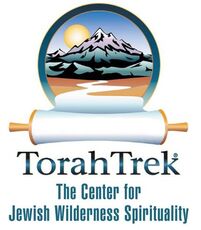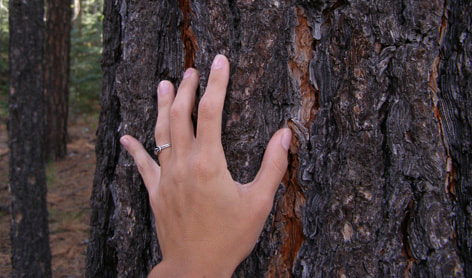Educator's CornerTorahTrek Guide Josh Lake shares "Meet-a-Tree," a game that builds community and fosters a love of nature, while introducing the tree as a symbol of Jewish law, tradition and thought. Objectives:
Type of activity: Game Source: Adapted from Joseph Cornell, Sharing Nature: Nature Awareness Activities for All Ages Time: 10-20 minutes When to play: Day Where to play: Outside
Age level: 7 years and up Players needed: 6-20 (or more) Materials needed: Bandanas are optional, area with trees How to play:
Debrief: There are a variety of discussions that can ensue once the group is back together again.
Hints for success:
Post Script Here is a great story about an apple tree finding something within herself. You can read this book to your campers before or after the activity. The Apple Tree's Discovery, Peninnah Schram and Rachayl Eckstein Davis, Kar-Ben Publishers (January 2012)
0 Comments
Leave a Reply. |
Welcome to the TorahTrek eJournal! Here you will find videos, interviews, articles, photos, and educational materials on the interconnections between Judaism, wilderness, spiritual practice and sustainability. Our goal is to support the spiritual/ethical lives of individuals, enliven and strengthen the Jewish community, and promote a sustainable society living in balance with the earth. Explore the eJournal by clicking on the topics below. Please share these resources with your friends! Topics
All
|


 RSS Feed
RSS Feed